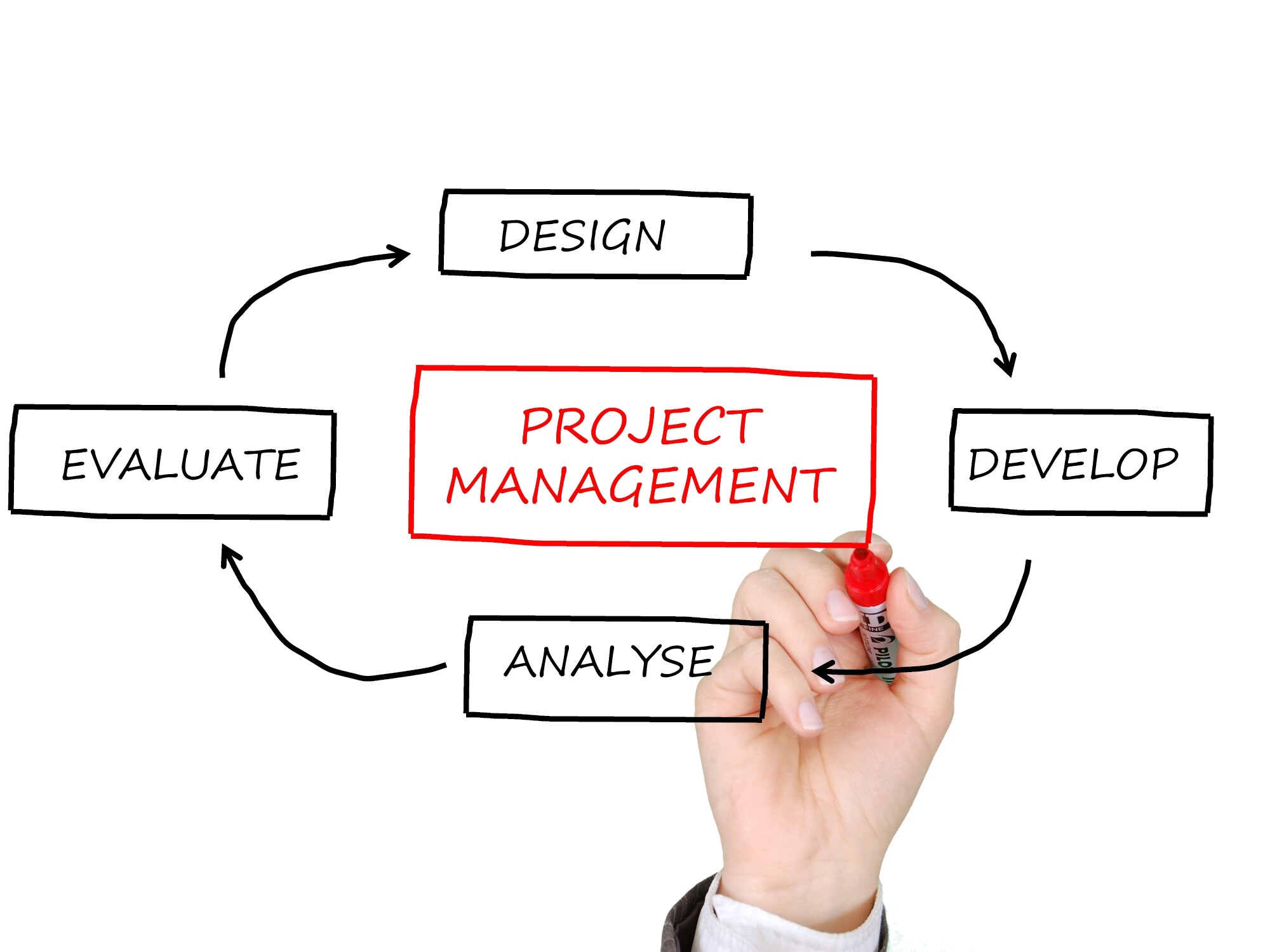Do you want to be considered a “toxic boss?” In general, a toxic boss or manager doesn’t take responsibility for the things they are accountable for, leaving their employees to pick up the pieces.
You might have every intention to try and avoid bringing toxicity to the workplace. However, without strong organizational skills and solid project management strategies, you leave yourself vulnerable to becoming an unpopular manager. Furthermore, you and your team’s performance is likely to be poor without the right approach to your work and various projects.
In this quick guide, let’s take a look at three types of project management strategies to help you stay organized. Here they are:
Embrace Project Management-Related Software
In this modern digital era, it’s a no-brainer to embrace different software to enhance the way you run your projects. Many software packages have spent years in development to figure out efficient ways of dealing with project challenges.
For instance, being up to speed with your meeting agenda in a traditional sense takes time and effort. However, if you were to invest in meeting agenda software, you can focus your precious time on other important project details.
Many project management software packages automate various aspects of your project. They can even offer you risk mitigation strategies too. So make sure to explore all that’s on offer and find software solutions that fit your needs.
Use the SMART Approach
SMART is an approach that will help you keep organized and aligned with your goals. It’s in an acronym form to make it easier for you to remember.
The first “S” stands for “Specific.” The idea is to question whether the objective you have is specific enough to move forward with to reach your goal.
Next is “Measurable.” Do you have a clear way of measuring data to see if you are achieving your goals or not?
The “A” stands for “Attainable.” Have you got short-term attainable goals in place to help you reach your major goals?
Next is “Relevant.” Are your goals relevant to the wider goals of the department and the company?
The “T” is for “Timely.” Do you have realistic timeframes set up where you will achieve all of your smaller goals? You need these in place so you can measure performance.
Delegate Well
One of the hardest things for managers to learn is delegation skills. You may think you are more competent than many in the team at various tasks, but you can’t do them all.
Instead, learn how to delegate tasks to employees well. When you can, your project management will mature into something very impressive!
Consider These Project Management Strategies
By considering these project management strategies, you’ll already be in the right mindset to start being more organized.
Using software is a great way to become more efficient with projects. The SMART approach helps you think about things step-by-step. Then, learning to delegate will free up your time so you can focus on the bigger picture.
Find more articles like this on our blog.

